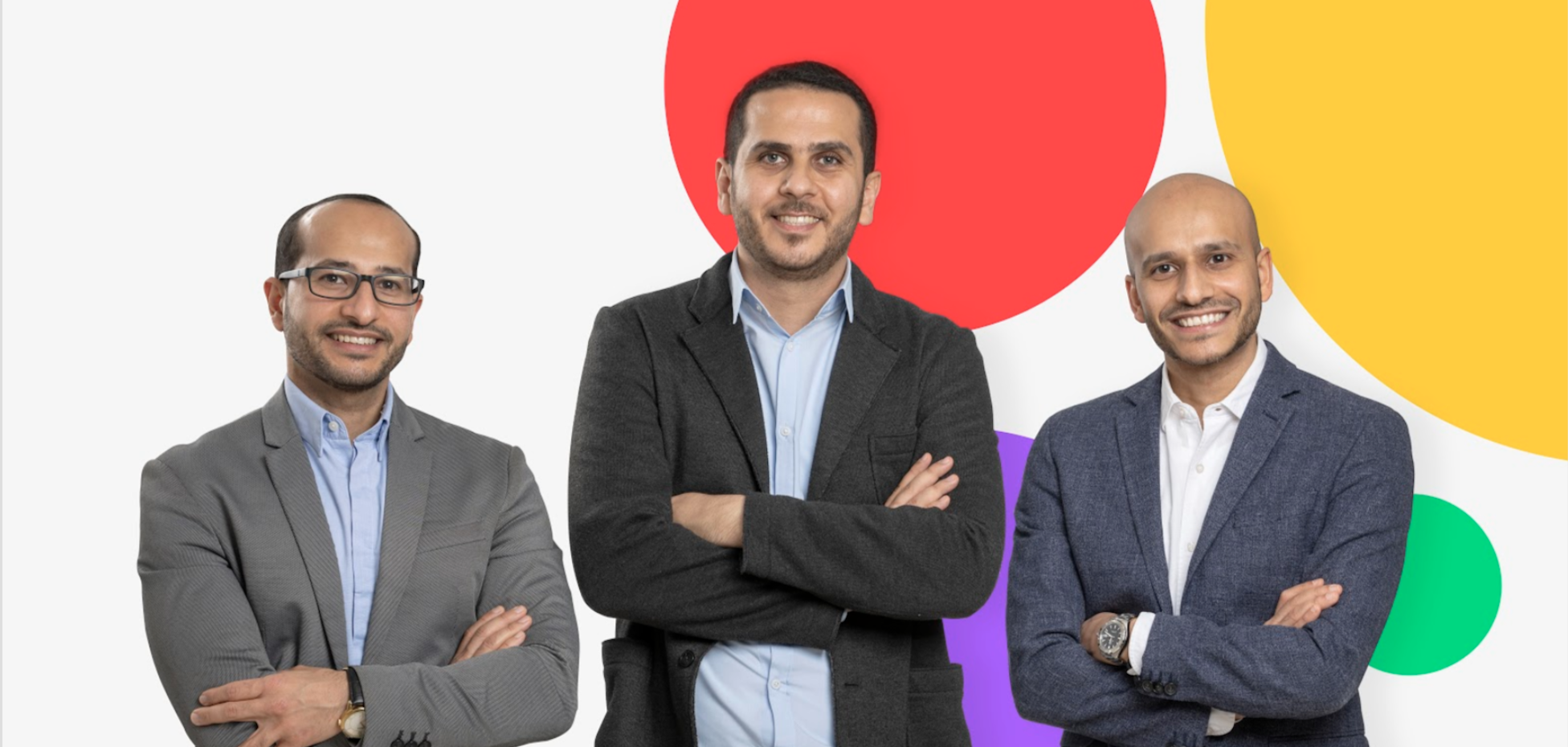Penny Software raises $1.35 million Seed with participation from Wamda

Saudi Arabia-based Penny Software has raised $1.35 million in a Seed investment round from Wamda, Class 5 Global, Outliers VC, Plug and Play and strategic angel investors.
Founded in 2020 by Iyad Aldalooj, Majid Aldalooj, and Mohammed Ibrahim, Penny is a software-as-a-service (SaaS) procurement management company and a B2B marketplace that provides a procure-to-pay solution. It helps companies of all sizes manage their procurement and spending activities. The Penny software team currently operates out of Saudi Arabia, the UAE and India.
Penny plans to offer its procurement and spend management solution globally, but will initially focus its B2B marketplace in the Saudi Arabian market.
Penny CEO and co-founder, Iyad Aldalooj, said: “The post-Covid reality is reinforcing our mission of digitising procurement and B2B transactions. Penny puts companies in full control of their spending and brings order to procurement.”
According to a report by Grand View Research, the global procurement-as-a-service market size was valued at $5.7 billion in 2018, and is expected to grow at a compound annual growth rate (CAGR) of 7.3 per cent from 2019 to 2025, positioning Penny to capitalise on this surge in the Middle East and North Africa (Mena) region.
The startup plans to use the funds to scale marketing as well as enhance and customise its product offering for its customers.
In our Q&A with Aldalooj, he explains the reasons behind launching Penny during the pandemic and the challenges he faced.
What are the main pain points that you are trying to address through Penny?
Most organisations have their income well-managed and consolidated; however, spending is found to be a much more complicated process to manage since it can be both an internal and external activity. What we do is that we provide a software-based system that helps these companies consolidate and manage all their spendings through a unified system. We empower them by giving them full control of their spending, procurement, budget management and even vendor management.
Secondly, we found that there is a major disconnect between buyers and suppliers in the business-to-business (B2B) market. If you look at the business-to-consumer (B2C) market, you see that consumers are moving towards online now and e-commerce is growing tremendously in the region. We see the same thing happening in the B2B, but still there are no B2B marketplaces. And this is another huge pain point that we are trying to address through Penny as we are providing a B2B marketplace to help companies digitise the sourcing part of procurement. You go into the Penny marketplace, and then you find all the suppliers in the market that can provide the product or services that you are looking for.
Why did you decide to launch during the pandemic?
We have been working on building Penny for the past three years. We realised that this might have been the best time for us to launch Penny, because what we do is digitise sourcing so we are the e-commerce of B2B.
After Covid-19, it became much easier for us to acquire big companies as well as suppliers, who are also aware that what is happening in the B2C world, is also going to happen inevitably in the B2B world, so they might as well digitise. Also, there is still a big chunk of large companies in the region that are still using paper for their procurement. The crisis has prompted many companies to start digitising their operations as well. This is how our value proposition as a company has increased due to the crisis.
What were your main challenges when launching?
We are building a heavy enterprise software that serves large corporates and for that, a simple half-working minimum viable product (MVP) is not going to work. In order for us to go to market, we needed big investment to build the MVP alone and raising the investment to help us enter the market was a major challenge that came our way.
Fortunately, we have had angel investors backing us up, they believed in the team and in the vision and gave us the money to go ahead, hire the team, build the product and get things started. If it wasn't for the angels, we wouldn't have been able to build something that allowed us to raise money from big VCs.
Also, there is not so much happening in the B2B sphere in the region unlike the B2C. When our clients talk to us, they are judging us with the same measures that apply to B2C. It was tough to explain to them that we need to build procurement and spending management products which is a complex process.
What are your biggest achievements so far?
We are on the onboarding stage, but we have managed to onboard large, well-known names in the construction field not only in the Saudi market but across the region. We are also in the final stages of closing deals with consulting and tech companies as well.
What lies ahead for Penny?
We are launching our Arabic version of our software later this year, and our freemium version, both in English and Arabic. We will also plan to open our software for all small businesses SMEs in the region and beyond, for free.


